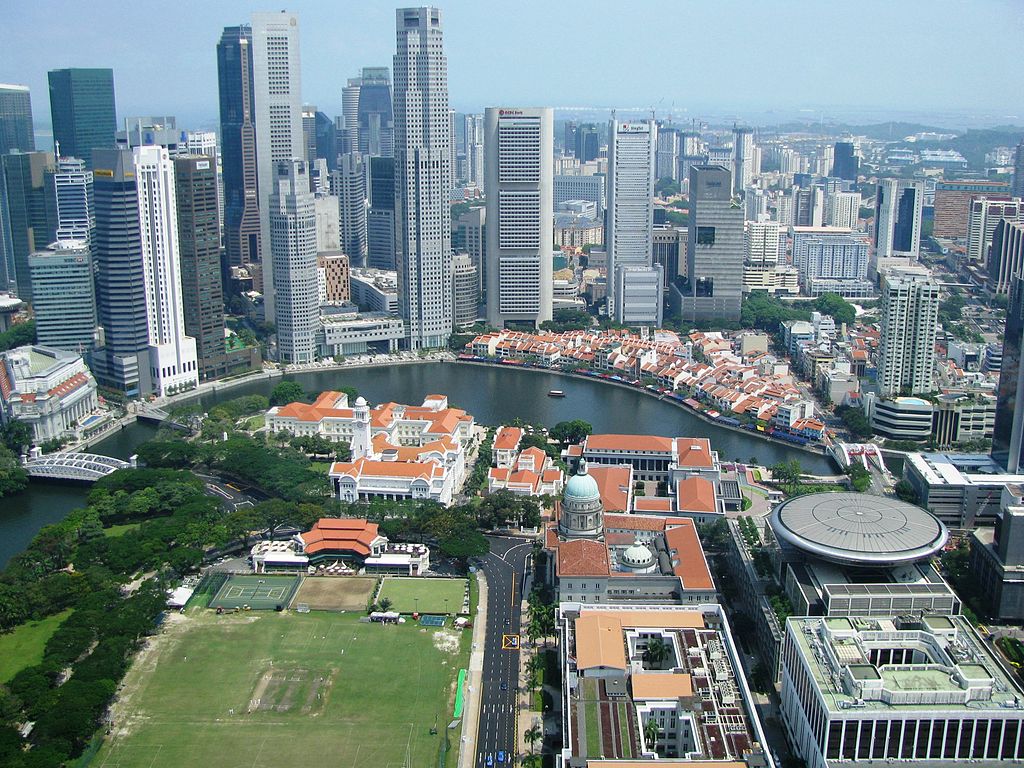Celebratory Singapore remains confident as world faces “very different future”

By Ivan Lim
AsiaN Contributor
Singapore: Singapore marks its 54th annual birthday bash today (August 9) with a marchpast of contingents and musical performances at the historical Padang square.
The National Day Parade that coincides with the Republic’s Bicentennial (founding by British adventurer Sir Stamford Raffles in 1819) will be highlighted by a musical performance on the Bi-Centennial theme, display of battle tanks, light-strike vehicles, and Red free-fall act by the popular Red Lion sky-diving team.
On the eve of the festivities, Singaporeans took a reality check when Prime Minister Lee Hsien Loong spoke of the global challenges thrown up by deepening US-China trade war and existential dangers posed by climate change.
Noting that the US-China trade and technology spat has disrupted supply chains, alter trade patterns and shift investment flows, Mr Lee told citizens: “We must get ourselves ready for a very different future.”
The city-state which thrives on exports is already feeling the impact of slowdown in world trade. The government has pared down its 2019 gross domestic forecast to 1.5-2.5 percent from 3.2 percent.
The International Monetary Fund has also cut Singapore’ economic growth for the year to 2 percent, down from 3 percent.
However, the Singapore leader struck a rallying note in his message:
“But our past gives us confidence. Throughout our history, when trials and tribulations have beset us, we pulled ourselves up and worked together to overcome them.”

Singapore faced two critical events in its recent history. In 1971, Britain closed its naval base, throwing thousands out of job. Its military spending made up 11 percent of the city-state’s gross national product.
In 1965, the Republic was evicted from the Federation of Malaysia over political differences, leaving it without a hinterland, having to fend for itself.
“Each time, the world changed, we were able to survive. Each time, we will reinvent and renew our economy our people and our city and we will thrive again. And this is what we will keep on doing.”




